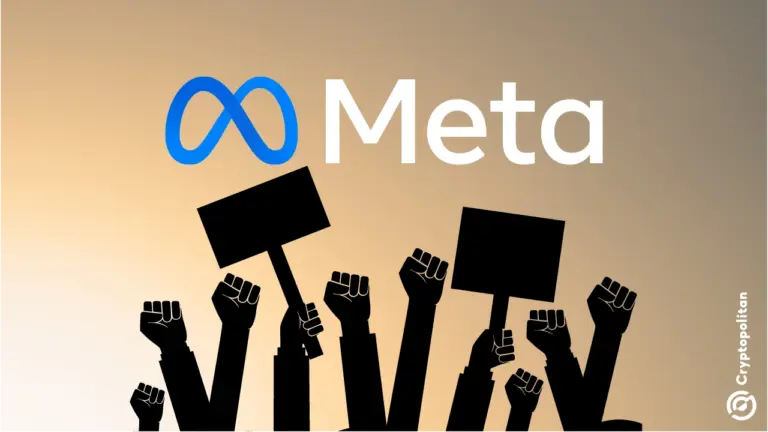Microsoft, Google, Nvidia and more filed SEC warnings that AI could ruin business
Over a dozen of the biggest names in the United States technology industry have filed “risk factor” reports with the Securities and Exchange Commission (SEC) indicating that artificial intelligence (AI) could threaten company finances.
While not uncommon, these risk reports outline internal thinking when it comes to the potential pitfalls of dedicating resources and funds to the development of nascent technologies such as AI.
Artificial intelligence risks
Those filing warnings, according to a report from Bloomberg, include Adobe, Dell, Google, Meta, Microsoft, Nvidia, Oracle, Palo Alto Networks, Uber and at least a few others.
The warnings, filed as risk reports, are intended to indemnify a company against legal culpability for foreseeable risks. These reports are filed with the SEC in order to ensure that they’re made available for disclosure to investors.
Microsoft, for example, filed a report indicating that its development and use of AI put it at risk of being sued for copyright infringement. Adobe said new AI products could potentially threaten Photoshop’s market viability and Meta warned that its AI tools could possibly be used to generate misinformation.
Related: Softbank lost 99% when the dotcom bubble burst, now it’s all-in on AI
A model for crypto?
Big tech’s luminaries might be warning investors that their bets on AI may not pay off, but that hasn’t slowed investments. AI stocks — especially those of market leaders Nvidia and Microsoft — have reached record highs and given birth to the world’s first three trillion-dollar companies.
In the crypto world we’ve also seen highs in 2024. Many of the year’s upticks have come in response to the spoonfuls of regulatory certainty the U.S. government has sparingly doled out throughout the year. On the positive side, for example, the world’s first Bitcoin spot exchange-traded fund was approved in January.
Unfortunately, judging by the general tenor of the cryptocurrency community on social media, there hasn’t been as much progress towards regulatory certainty in the U.S. as the industry would have wished.
Ethereum co-founder Vitalik Buterin recently lashed out at the lack of regulation and clarity in the crypto industry in a post on decentralized social media platform Warpcast. He blamed the emergence and prominence of “useless” coins with “vague” stories on his belief that the less the developers of a coin say about their product, the less likely it is to be labelled a security.
From this perspective, it would seem as though creators in the crypto world are incentivized against being transparent about the viability of their products and services or disclosing any potential risks for investors and users.
By this logic, a system treating cryptocurrency and blockchain organizations more like their big tech contemporaries could result in a culling of the kinds of crypto firms Buterin refers to as “useless.”
Disclaimer: The content of this article solely reflects the author's opinion and does not represent the platform in any capacity. This article is not intended to serve as a reference for making investment decisions.
You may also like
Hackers are targeting Australia’s largest pension funds
Share link:In this post: Hackers targeted major Australian superannuation funds, stealing $500,000 from a few accounts and exposing personal data. Authorities and financial institutions are responding to the breach, urging members to check accounts and update passwords. Credential stuffing using stolen passwords is suspected in the attacks, prompting warnings to use unique logins and enable multifactor authentication.
Meta to end third-party fact-checking in U.S. on April 7
Share link:In this post: Meta will shut down its U.S. third-party fact-checking program on April 7, 2025, ending partnerships with groups like PolitiFact. It will be replaced by Community Notes, a system that lets users add context to posts without triggering penalties. Zuckerberg criticized the old system as biased and overly censorious, and said the change aims to support free speech. Meta is also relocating its moderation teams to Texas, a move some experts say is politically motivated.

Crypto Today: Altcoins Find New Buyers as Microsoft, Apple and Nvidia Lose $1 Trillion in 3 Days
Cardano Approaching First Death Cross: What’s Next for ADA Price?
